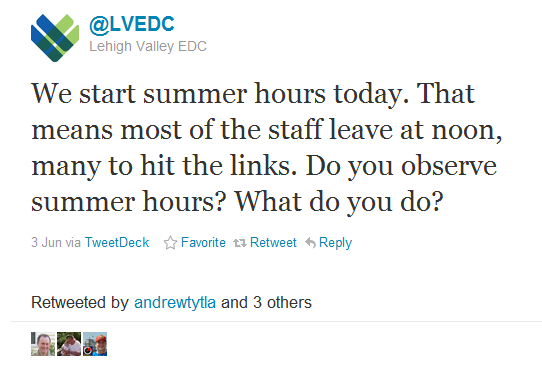Deliver that sofa by 10:00AM, and please skip the Adult Bookstore on the way back
In this age of colossal growth and ubiquitous access to social networking platforms, increased individual ownership of smartphones and tablets, wifi connectivity pretty much everywhere, and with organizations and Human Resources departments seemingly on high alert at all times - monitoring Facebook, Twitter, YouTube, and industry blogs for any posting or comment that might bring the brand and organization into disrepute, it is sometimes easy to forget the 'real-world' and even mundane ways employees carry the brand and organization message out into communities and with current and potential customers.
Case in point - today's New York Times online 'You're The Boss' blog has an interesting piece titled 'Monitoring the Private Lives of Your Employees; which almost refreshingly has nothing at all to do with keyword searching, Twitter stalking, or online sentiment analysis. Rather the piece asks a practical and almost overlooked question in today's digital age - whether or not a business owner (and by extension and implication the HR function), should be concerned that a branded and logo'ed company delivery truck was spotted by a member of the community in the parking lot of 'adult-oriented' establishment.
The specific example cited in the piece refers to a vehicle not directly owned by the company, but by a supplier, but the author of the piece, Paul Downs, rightly broadens the question to imagine it actually is one of his own delivery trucks at the adult shop, and proceeds to explore the question of the right or appropriate level of employee monitoring needed for this kind of scenario. Here is part of Mr. Downs take on the matter:
When we do send our guys overnight, we don’t pay them for every hour they are away from home. Yes, I cover the meals and hotel bills, but they aren’t on the clock the whole time. So how diligent should I be in supervising every minute they are away? There are reasons to object to porn shops, so I wouldn’t be thrilled to hear that my truck had been spotted at one, but there is other behavior that can cause a problem. Should I forbid my people from getting a beer or two with dinner?
Small-business owners can choose how militant they want to be regarding their employee’s behavior. Big business seems to be quite puritanical these days: drug tests, smoking bans, weight-loss programs — all of these make sense from a cost standpoint but they are also quite intrusive. With a smaller company, I don’t have either the desire or the resources to monitor my employees’ private lives. We do have policies about showing up at work drunk or high — I have only had to enforce them once, and in that case I didn’t hesitate to fire the offender on the spot. But should I concern myself with what they do on Friday and Saturday nights? Personally, I don’t believe it’s any of my business as long as everyone shows up ready to work Monday through Friday.
Mr. Downs position as a small-business owner might be informed (and constrained), by a lack of resources, i.e. I doubt his company can afford or even needs a 'social media monitoring team', or even cares to invest some limited effort in simple automated tools for tracking brand mentions and comments online. But even if he had all those things, or some of them, he might not have ever found out about the 'delivery trucks stopping at the adult bookstore' deal.
And from the tone of his comments in the article in the Times, he probably doesn't care. His position of 'I don't really care what they do in their free time as long as they are ready to perform on Monday', might be an old-fashioned attitude in our modern, digital age. But it is also one that recognizes all the social media policies, IT-enforced blocks or restrictions on access to social sites, and fancy and expensive tools and technologies for monitoring engagement, messaging, and sentiment online, won't do him one bit of good if one of his delivery truck drivers decides to make the Adult Emporium his preferred lunch stop. That may or may not be an issue for Mr. Downs, but that kind of thing has been an issue since well, forever.
To control that type of behavior, you really only need to hire the right kind of delivery drivers, which is something I bet Mr. Downs has a pretty good handle on.
What do you think - are we getting too caught up in what employees are doing online and forgetting their impact as brand ambassadors out in the real world?
Have a great weekend!

 Steve
Steve




